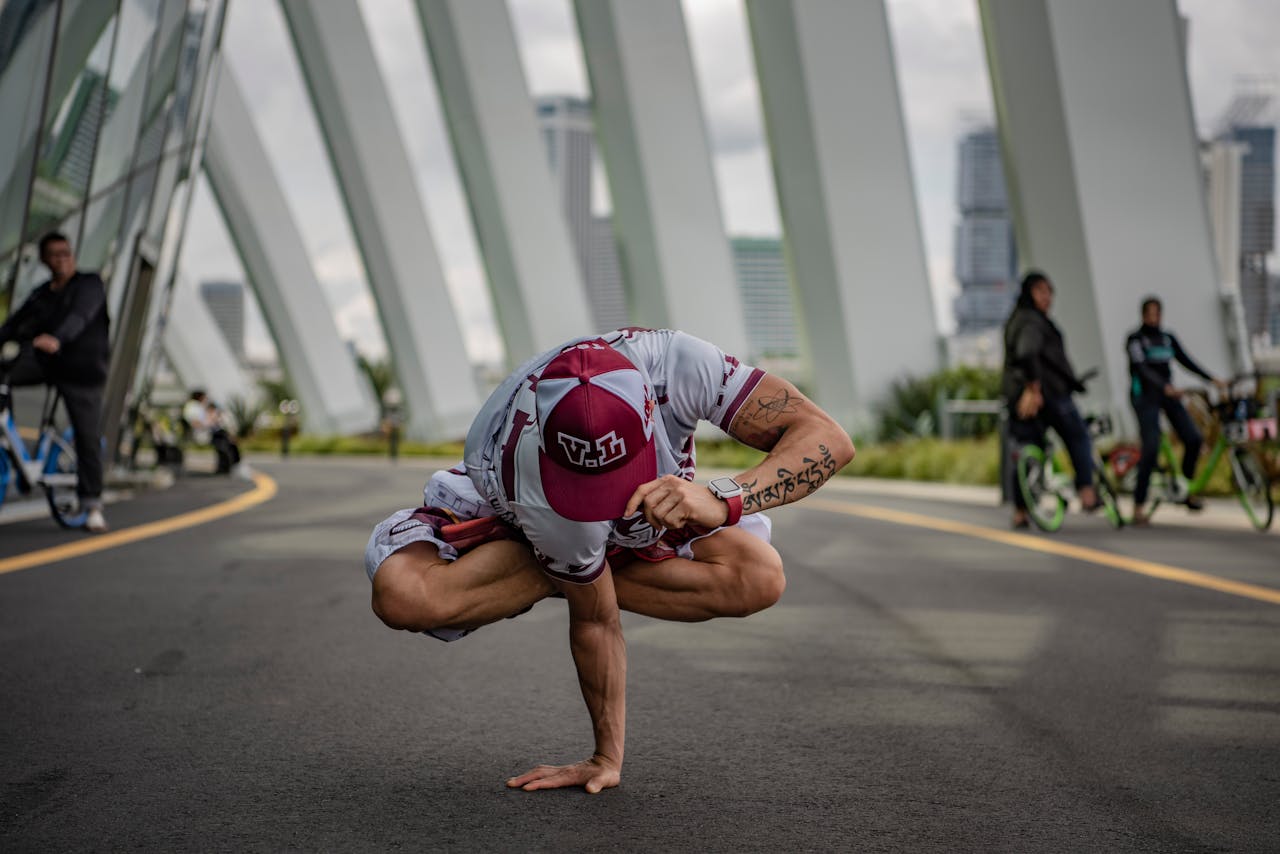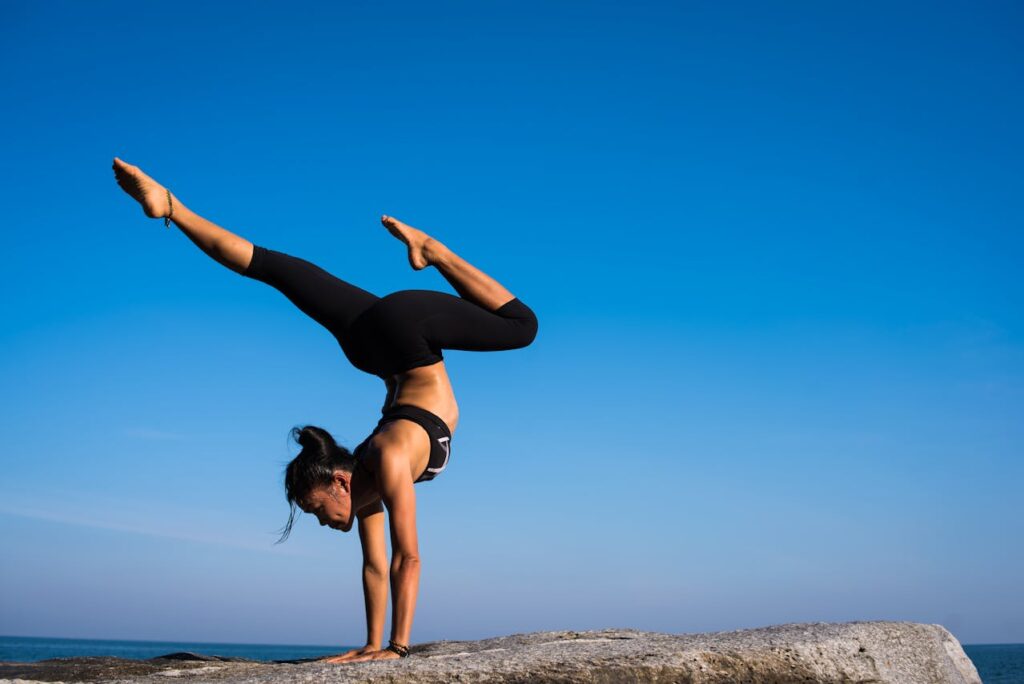
Body + Mind is reader-supported. We may earn an affiliate commission when you buy through some of the links on our site.
I used to think athletic success was purely physical and that I had to train harder, lift more and run faster. However, over time, I realized the true game-changer wasn’t in my muscles, but in my mind. The ability to focus, stay calm and bounce back from mistakes mattered just as much as physical endurance. That’s when I discovered the power of mindfulness techniques for sports.

Athletes talk a lot about the body, but not nearly enough about how the mind shapes what the body can do. When you’re in the middle of an intense match, you physically react to what your mind tells you. If your thoughts are scattered or anxious, your performance suffers. If your mind is clear and centered, your body follows.
Practicing mindfulness helped me notice this connection more clearly. It taught me to be aware of what was happening in real time. Instead of replaying past mistakes or worrying about the outcome, I started focusing on my breath, the movement of my muscles and the rhythm of the moment. I found that the more I stayed present, the better I could react to whatever was happening around me. This awareness improved my performance and made training feel more enjoyable.
I used to think that focus was something you either had or didn’t. However, I now see it as something that can be trained, just like your legs or lungs. When I started incorporating mindfulness techniques for sports into my daily routine, I treated it as mental conditioning. I began small, sitting quietly for five minutes before each workout, simply noticing my breath as it moved in and out.
At first, my mind wandered constantly. I’d start thinking about errands, messages or the upcoming game. However, the goal wasn’t to empty my mind. It was to notice when I drifted and gently bring my focus back. Over time, this practice strengthened my ability to reset quickly, rather than letting frustration take over. My mental stamina grew along with my physical endurance.
Eventually, I extended those quiet moments into longer sessions. Setting aside 10-20 minutes a day for meditation can improve focus and clarity. It helped me develop a steadier mind that could remain calm and attentive, regardless of what was happening around me. Just like physical training, the consistency of mental practice made all the difference.

Pressure used to weigh heavily on me before big events. I’d overthink every possibility, imagining what could go wrong instead of trusting my preparation. Mindfulness gave me tools to handle that stress more effectively. One of the simplest mindfulness techniques for sports that I use is deep breathing. Before stepping onto the field, I take a few slow, deliberate breaths, feeling the ground beneath my feet and reminding myself that I’m ready for whatever comes next.
This process doesn’t erase nervousness, but it helps me accept it. Mindfulness isn’t about pretending you’re not anxious, but about acknowledging those feelings and realizing they don’t have to control you. The more I practiced staying grounded in the moment, the easier it became to perform under pressure. I no longer viewed nerves as a weakness. Instead, I saw them as energy I could channel into focus and intensity.
Mistakes are unavoidable in sports. You might miss an easy shot, fall short of a time goal or lose a competition you worked hard for. Before I practiced mindfulness, I used to replay those failures in my head for days. I’d criticize myself endlessly, which only made it harder to bounce back.
Mindfulness shifted how I approached setbacks. I started pausing after each mistake, even during a game, to focus on my breath and reset. I’d ask myself what I could learn from that moment rather than what I did wrong. This approach turned frustration into feedback. I began to see those losses as part of the process, not as proof that I wasn’t good enough. Using mindfulness techniques for sports helped me develop emotional resilience. I could recover faster, focus on improvement and move forward with confidence.

You don’t need to meditate for hours to get the benefits of mindfulness. You can weave small practices into your routine. During warmups, I focus on how my body feels as I move. During drills, I notice when my mind starts to drift and bring my attention back to the task at hand. After training, I take a few minutes to reflect on how I felt physically and mentally.
These simple moments of awareness add up. Over time, mindfulness becomes second nature. It helps you tune into your body’s signals, improves cognitive function and builds mental strength that carries over into every part of your life. When you consistently apply mindfulness techniques for sports, you create a foundation of focus, composure and self-awareness that supports long-term performance and well-being.
Mindfulness gave me more than a mental edge — it gave me balance. It taught me that my worth as an athlete isn’t tied to winning or losing but to how fully I show up in each moment. By training my mind in the same way I train my body, I’ve learned to remain steady through the ups and downs of competition.
Your email address will only be used to send you our newsletter, and at any time you may unsubscribe. For more information, see our Privacy Policy.